You can help fight prostate cancer this Movember thanks to tomatoes! Learn about the cancer-fighting properties of lycopene, and how you can paint your plate red to boost health.
By Sharon Palmer, RDN
Guys, it’s that time of year to grow out your mustachios in honor of Movember, the month-long event which raises awareness of prostate cancer. Growing out your mustaches helps to “change the face of men’s health.” This serves as a reminder to support the men in your life—grandfathers, fathers, husbands, partners, brothers, sons, and friends—by fighting prostate cancer, the second leading cause of cancer deaths among men in the U.S. So, get on board and join the Movember movement so you can help support research to fight prostate cancer. There are plenty of ways you can get involved besides growing out your moustache, including “Move for Movember” by committing to walk or run 60 miles over the month, hosting an event, or spreading the word.
Paint Your Plate Red to Fight Prostate Cancer
One way you can help battle prostate cancer is with your own healthy lifestyle. According to the National Cancer Institute, your best odd chances for reducing the risk of prostate cancer is to enjoy a healthy lifestyle: avoid smoking, maintain a healthy weight, eat a healthy diet, and exercise regulalry. In addition, it’s important for men to be aware of the benefits of early detection and treatment for prostate cancer.
And you can go beyond those no-nonsense tips to look at specific foods that may help protect you against prostate cancer—specifically tomato products, which are rich in lycopene and a symphony of cancer-protective nutrients, making them one of the most promising foods to help protect the men in your life against prostate cancer. Researchers have been studying the prostate-cancer fighting potential of tomatoes for decades, discovering that people who consume more tomato products, such as tomato soup, marinara sauce, canned tomatoes, salsa, and tomato juice, tend to have a lower rate of prostate cancer. Indeed, numerous studies have demonstrated that tomato product consumption may help reduce the risk of prostate cancer development.
Why do tomato products fight prostate cancer? Scientists believe that it boils down to the powerful arsenal of nutrients in tomatoes—vitamin C, vitamin A, fiber, potassium and carotenoids—working together in the tomato. The most abundant carotenoid in tomato products is lycopene, the pigment responsible for the deep red color of ripe tomatoes. Tomato products—the second most popular vegetable in the country—account for more than 80 percent of the lycopene in the American diet. And lycopene from processed tomatoes—canned tomatoes, pasta sauce, salsa, and soup—is more bioavailable than in fresh tomatoes.
One study found that eating ten or more servings of tomatoes per week cuts prostate cancer risk by 18% (Cancer Epidemiology Biomarkers Prevention, 2014). And a recent review further supports tomato products and lycopene in reducing the risk of prostate cancer progression and death (World Journal of Urology, 2017). In a new study on tomato consumption and prostate cancer risk, scientists discovered a dose response for cooked tomato products—higher total consumption of cooked tomato products and sauces was linked to lower risk for developing prostate cancer (Prostate Cancer Prostatic Dis, 2018).
Go Red to Fight Prostate Cancer for Movember
So, this November (or Movember!), paint your plate red with healthy, cancer-fighting tomatoes with these tips:
- Include a number of tomato products on your shopping list, such as marinara sauce, canned tomatoes, tomato paste, salsa, tomato juice, and tomato soup.
- Put plenty of cultural, tomato-based foods on the menu, including enchiladas with red sauce, tacos with salsa, pasta with marinara sauce, and curry with canned tomatoes.
- Heat up a pot of soup, chili, or stew and pour in a can of diced tomatoes.
- Ask for an extra side of marinara when dining out—it’s great for pasta, pizza, and dipping.
- Put the healthy in pizza with a veggie-rich recipe slathered with red sauce.
- Start your meal off right with a bowl of classic tomato soup.
- Skip the out-of-season fresh tomatoes this time of year, and turn to canned tomatoes for cooking up side-dishes, salads, casseroles, and appetizers.
Try one of my favorite recipes highlighting tomato products, this Chipotle Tomato Rice Power Bowl. Join Tomato Wellness in the fight against cancer. To learn more about health benefits, cooking tips and recipes featuring tomato products, visit http://www.tomatowellness.com.
Learn how to make this recipe with my easy video here.
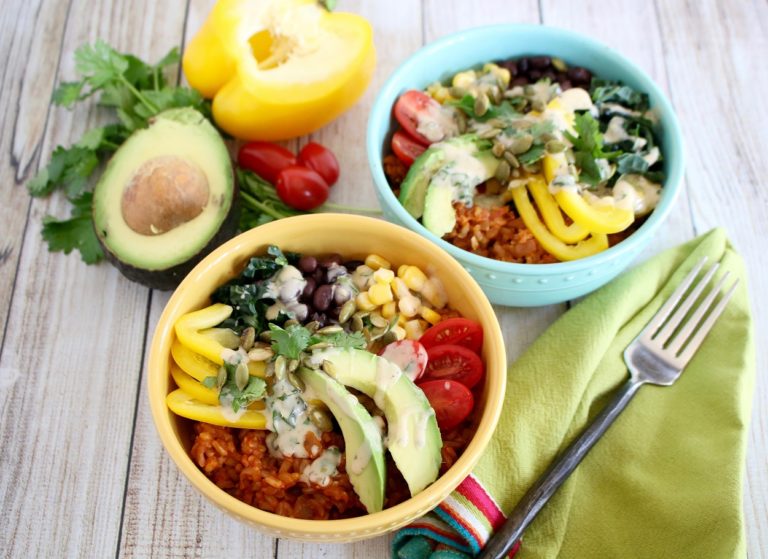
Chipotle Tomato Rice Power Bowl
Put the power of a zesty tomato rice to work in this delicious, fiesta bowl, filled with piquant flavors, such as chipotle, kale, black beans, avocados, sweet corn, cilantro, and an herbal dressing. This meal-in-a-bowl is great for meal prepping for the week, packing away in lunchboxes, or creating build-your-own dinners for the whole family.
Chipotle Tomato Rice:
- 1 tablespoon olive oil
- 1 small onion, diced
- 2 cloves garlic, minced
- 1 ½ cups medium grain brown brown rice, uncooked
- 1 15-ounce can crushed tomatoes
- 3 cups water
- 1 vegetable broth bullion cube
- ½ teaspoon chipotle powder or seasoning
- ½ teaspoon salt (optional)
Toppings:
- 2 cups kale, chopped
- 1 15-ounce can black beans, rinsed, drained
- 1 cup frozen sweet corn, thawed
- 1 cup cherry tomatoes, halved
- 1 small avocado, sliced into 8 slices
- 1 bell pepper (orange, yellow, red, or green), thinly sliced
- ¼ cup pumpkin seeds
- ½ cup vegan ranch dressing (Southwest flavored or chipotle flavored)*
Instructions
To make Chipotle Tomato Rice:
- Place olive oil in a medium pot and heat.
- Sauté onion and garlics in oil for 9 minutes.
- Add brown rice and brown for 2 minutes, stirring.
- Add crushed tomatoes, water, bullion cube, chipotle seasoning, and salt (optional).
- Stir well, cover with a lid, and bring to a simmer. Cook over medium heat about 1 hour, until liquid is absorbed and grains are tender. May add additional water to replace water lost to evaporation as needed.
To make Chipotle Tomato Rice Power Bowls:
- Place one-fourth of the rice (a scant 1 cup each) into 4 individual serving bowls (or meal prep containers). Note: May serve rice hot, warm, or chilled in this recipe, as desired.
- Top each bowl of rice with: ½ cup chopped kale; 1/3 cup black beans; ¼ cup corn; ¼ cup cherry tomatoes; 2 slices avocado; ¼ bell pepper; 1 tablespoon pumpkin seeds; 2 tablespoons vegan ranch dressing.
- Serve immediately.
Notes:
*Make your own vegan ranch with my recipe here: https://sharonpalmer.com/vegan-ranch-dressing/
Nutrition information per serving: 415 calories, 14 g total fat, 2 g saturated fat, 0 mg cholesterol, 237.5 mg sodium, 64 g carbohydrate, 15 g fiber, 3 g sugar, 15 g protein
Makes 4 servings




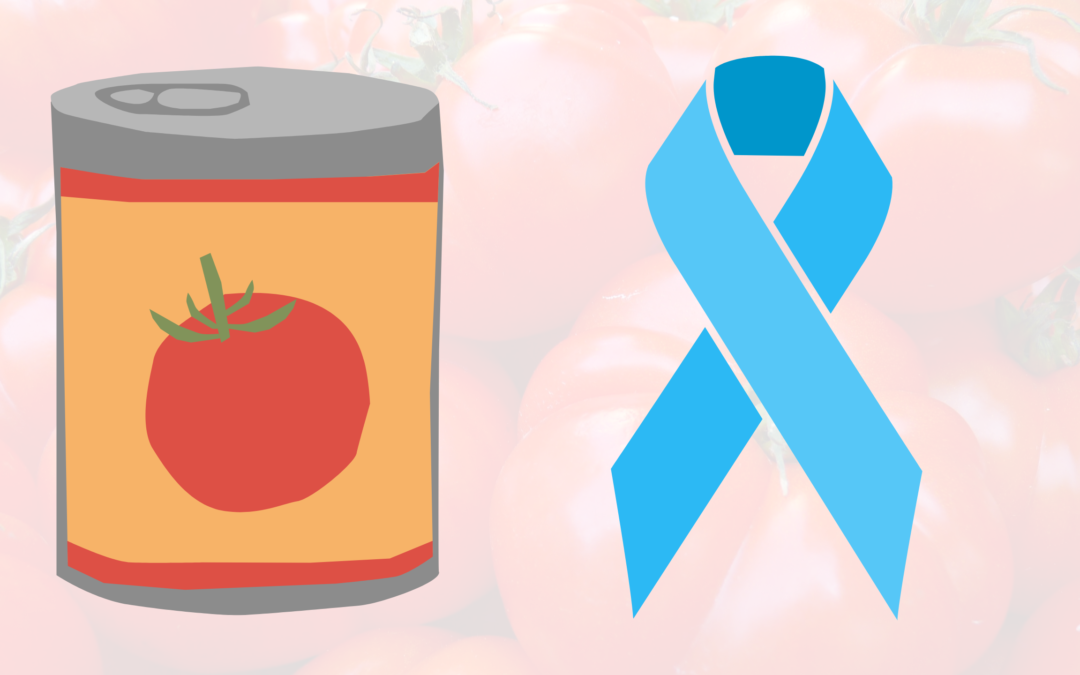
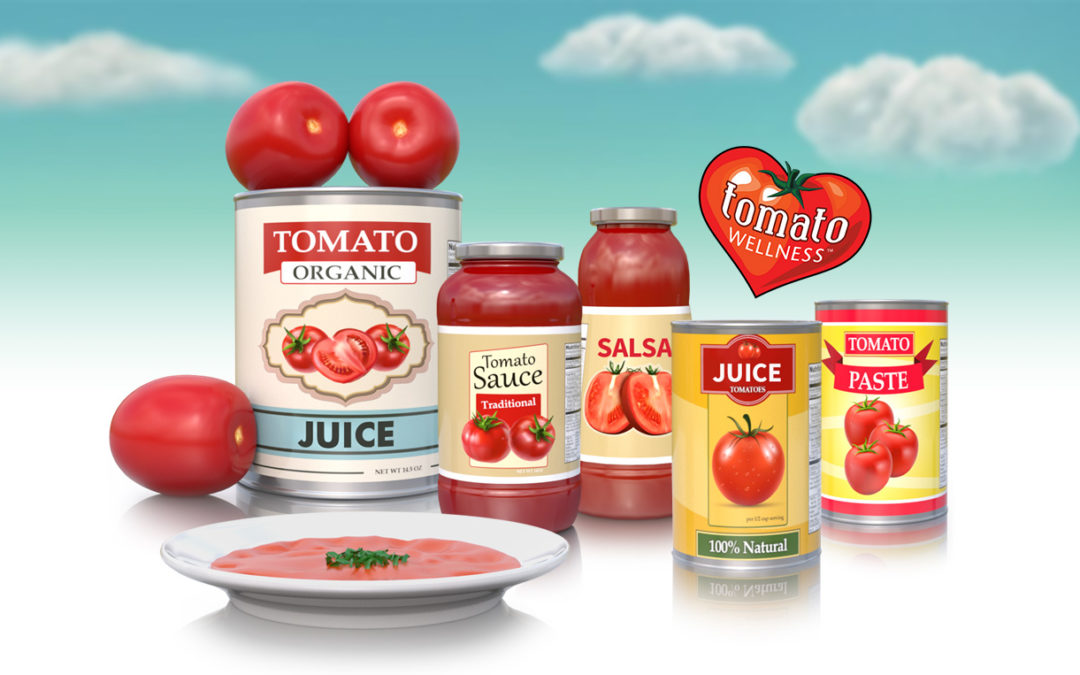
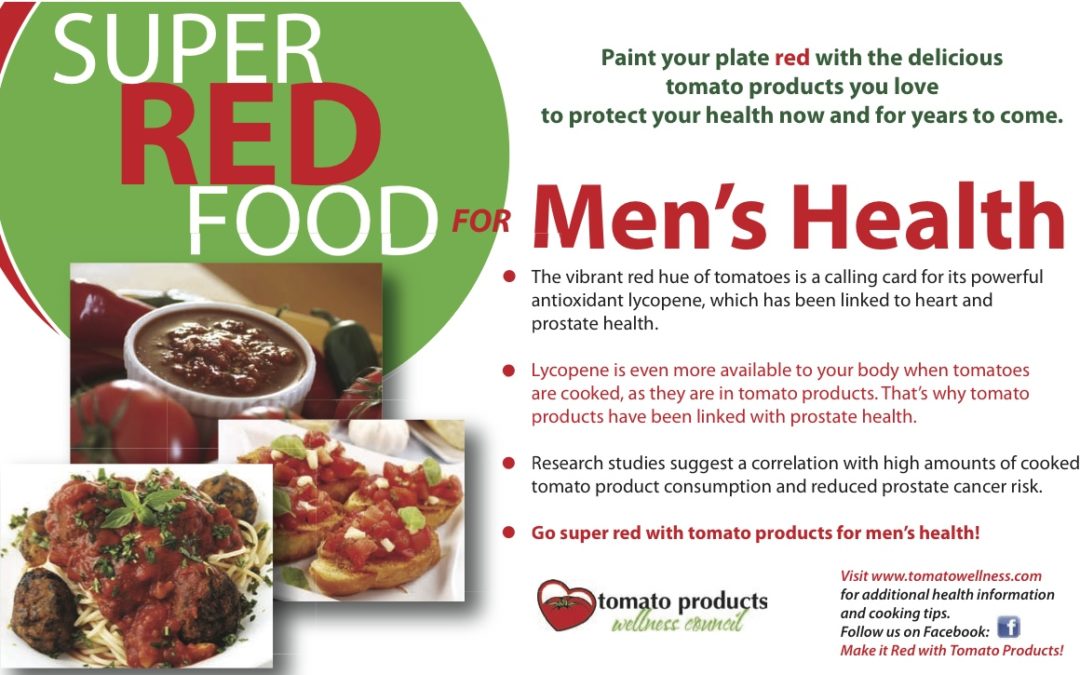

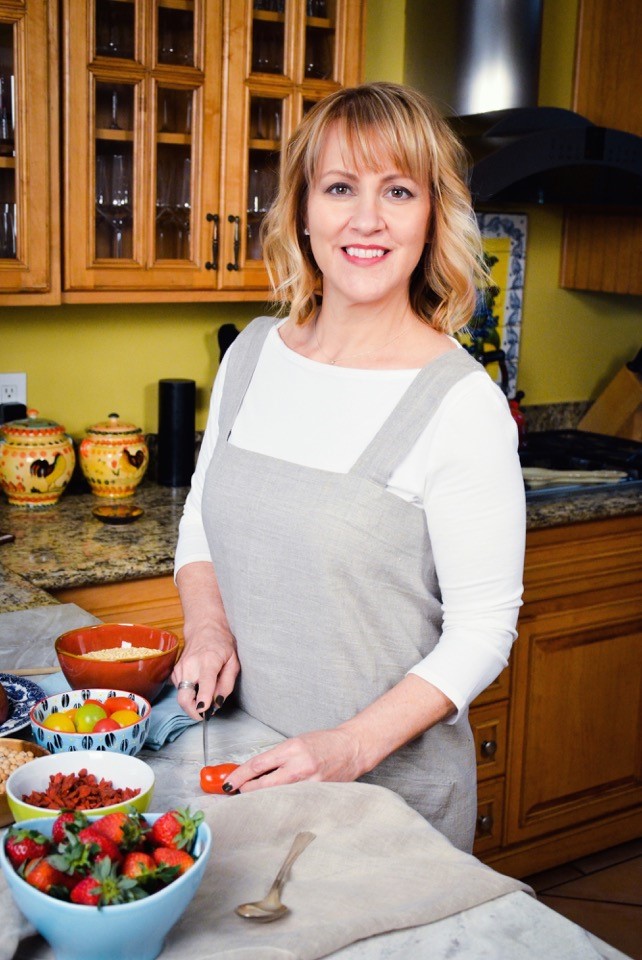


Recent Comments